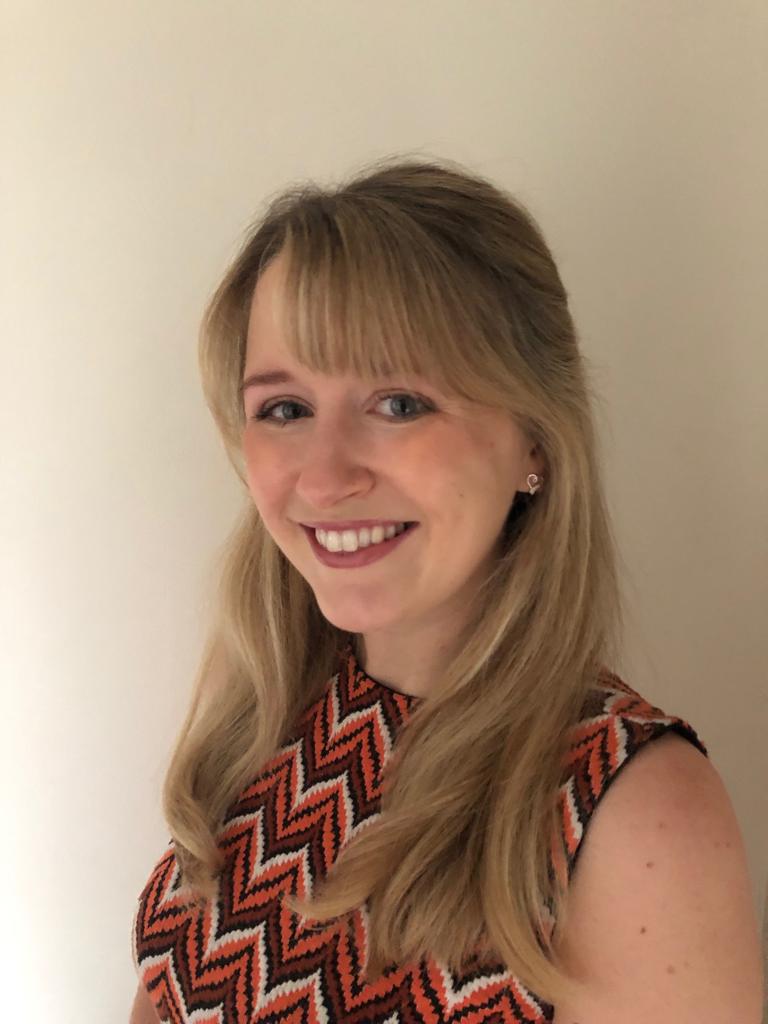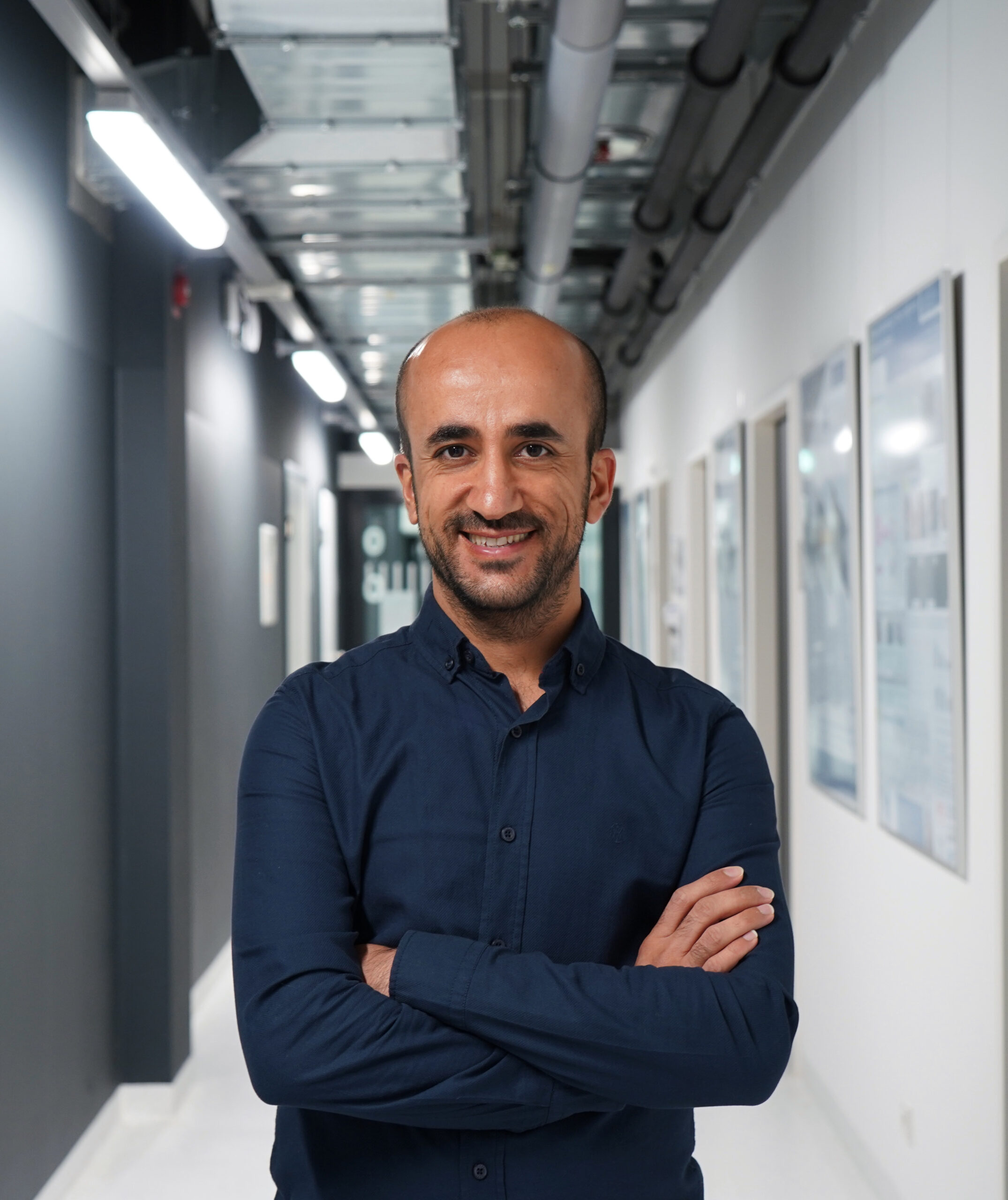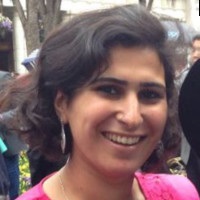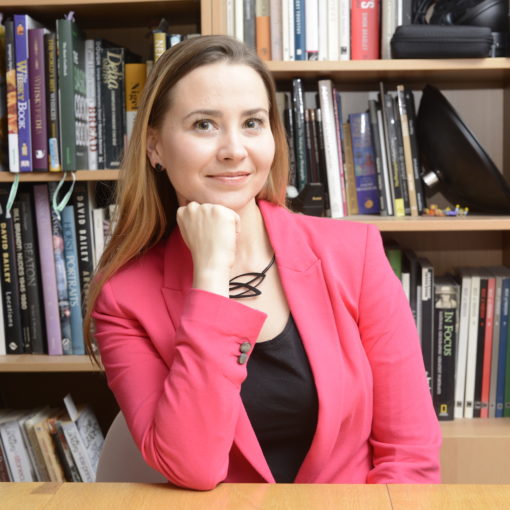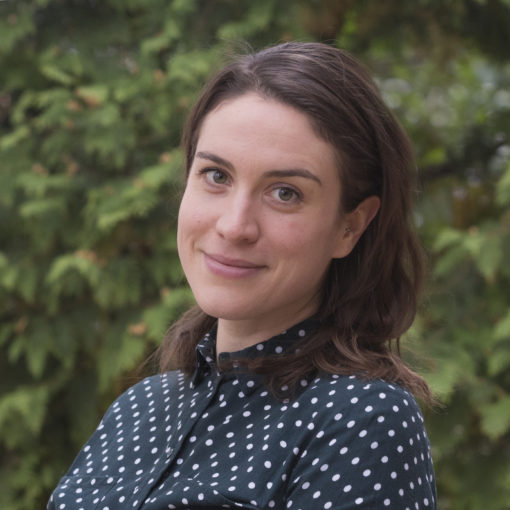DPhil in Radiobiology, University of Oxford (2017)
| Scientist | |
|---|---|
| Immunocore Ltd | |
Year entered into a non-academic position: 2017
Job highlight: Research is completely focused on improving cancer patient outcome.
My research training set me up… with some technical skills and many transferable skills that are relevant for my current role. The transferable skills include project management, teamwork, leadership, communication, and becoming more efficient at learning and acquiring new skills.
What’s your background?
I completed a BSc in Biochemistry in UCC, Ireland. I then moved to Oxford where I undertook an MSc in Radiation Biology followed by a DPhil in Radiobiology/Oncology. My DPhil was focused on understanding the role of a tumour suppressor gene frequently mutated in lung cancer, in order to identify potential therapeutic strategies that would benefit certain patients. After my DPhil, I began working as a Research Scientist within the Target Validation team, in a biotechnology company called Immunocore. Immunocore develops ImmTAC molecules that modulate the patient’s own immune response to tackle cancer, infectious diseases and autoimmunity.
Why did you move away from academia?
The research I did during my DPhil had a translational focus in that we were trying to identify therapies that lung cancer patients harbouring a certain mutation would benefit from. Towards the end of my DPhil, I was keen to invest all my time into doing research where I would more directly see the impact on patient outcome. From attending conferences and reading the literature, I believed that immunotherapy offered enormous promise to cancer patients and wanted to do research in this field. For this reason, I moved to a company specialised in immune-oncology, so that I could more easily see the impact of my work on patient outcome.
In addition to that, during my DPhil I learned the importance of teamwork to obtain the desired outcome in the most efficient time. As all staff working for a company have one common goal that is to deliver a medicine that will improve the lives of patients, I felt teamwork would be even more valuable to a company.
How did you get this job?
Near the end of my DPhil, a Scientist from Immunocore came to Oxford to inform people about the company and how brilliant her experience was there. I found this very inspiring and started to research the company. On their website, I found my current position advertised and decided to apply. I then had a telephone interview followed by a face-to-face interview and a second less formal interview to meet all the members of the team.
How did you prepare for the work involved in your job?
Although I acquired many transferable skills during my DPhil, I did not have all the technical skills required for my current position. However, I read as many documents as possible to truly understand the new techniques and made sure I was trained by an experienced colleague when necessary.
How did your PhD prepare you for your current job? For example, what were the transferable skills that you developed during your PhD that are most relevant to your current job?
There were certain technical skills (critical analysis, problem solving) that I acquired during my DPhil and I find helpful now. I did not have all the technical skills required for my current position. However, this excited me as I am always eager to learn, be challenged and forced out of my comfort zone. In terms of transferable skills, I feel I had the necessary skills to some degree, in terms of project management, time management, teamwork, communication (writing reports, doing presentations) etc.
Can you describe a typical week in your job?
I plan experiments with a clear question in mind and ensure all the necessary controls are in place. After doing the experiments, I analyse the data, write reports and present findings in a concise and clear manner. I read the literature, attend meetings (general and either project or technique focused) and go to seminars. I am also very fortunate to be able to go to conferences and training courses. No two days are the same and I am constantly learning, either that be related to immune-oncology or a new technique.
What’s the workplace culture like?
The workplace culture is excellent. Everyone is so friendly and keen to help each other out, no matter what level they are at.
What are your favourite parts of your job?
Constantly learning new things. Being able to talk and brainstorm with someone to get advice when doing something new. Constantly doing new things and pushing myself out of my comfort zone.
What are your reflections on your (future) career path?
I am really happy in my current job and am keen to stay focused on research.
I did not have all the technical skills required for my current position. However, this excited me as I am always eager to learn, be challenged and forced out of my comfort zone.
Do you have any advice for current graduate students and postdocs considering a career outside of academia?
For me, research life in academia and the biotechnology industry are very similar. However, in biotechnology, everything you do must help move the project forward towards clinical trials, and there is a whole team of people ready to help you when needed. I know people are worried that if they move, they may not be able to go back to academia if they ever wished. I personally feel that working in industry gives you valuable skills that could make you even more valuable in academia and in terms of publishing, lots of companies are very open to this to make their mark in the scientific world. Therefore, I can’t see why you can’t go between academia and industry.
Can you recommend any relevant resources, organisations or events that might help somebody new to the sector find out more about it?
For advice, I would talk more to a careers service and anyone you know working in a job that may be relevant to you. Also, LinkedIn is absolutely fantastic.

